
Amid Political Turmoil, Nepal Investment Summit-2024 Pushes Forward
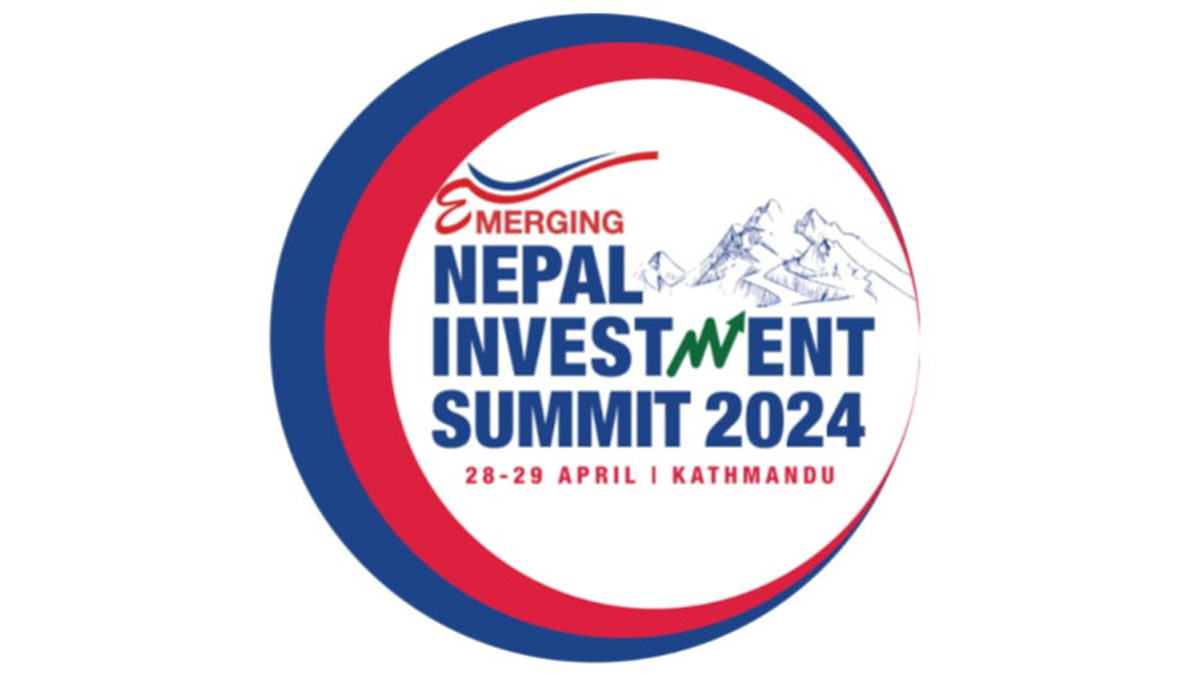
As Nepal gears up for the much-anticipated Nepal Investment Summit-2024, slated for April 28-29 in Kathmandu, Finance Minister Barshaman Pun has moved to allay concerns over potential disruptions due to recent political upheavals. Despite uncertainties stemming from shifts in government leadership, Pun has reassured stakeholders that preparations for the summit remain steadfast.
The third edition of the investment summit comes at a critical juncture for Nepal’s economic development, with the government aiming to attract significant foreign direct investment (FDI) to bolster infrastructure projects across the country. However, the initiative has been marred by skepticism, primarily regarding bureaucratic hurdles and the need for updated legal frameworks, echoing criticisms from previous iterations of the summit.
Outgoing Finance Minister Prakash Sharan Mahat has spearheaded efforts to overcome these challenges through a dedicated committee, with commitments to revise numerous laws to foster a conducive investment environment. Despite these efforts, the recent formation of a new coalition government has cast a shadow of doubt on the summit’s efficacy.
Pradyumna Prasad Upadhyay, spokesperson for the Investment Board Nepal (IBN) and a key member of the technical committee, remains resolute in the face of uncertainty. Upadhyay affirms that the change in government will not impede the execution of the investment summit, citing ongoing preparations and the shortlisting of 125 projects by consultants and government agencies.
According to IBN reports, the government is poised to finalize investments totaling Rs 301.18 billion in four major projects during the summit, signaling a strong commitment to attracting foreign capital. These projects include the landmark Nepal-China Friendly Industrial Park in Jhapa, the ambitious Upper Marsyangdi-2 Hydropower Project, grid-connected solar initiatives in Banke and Kapilvastu districts, and the expansion of Dabur Nepal’s production capacity.
One of the highlights of the summit will be the signing of a project development agreement for the Nepal-China Friendly Industrial Park, with an estimated value of $786 million, underscoring Nepal’s growing economic ties with its northern neighbor. Additionally, the government is actively courting Chinese investments worth $647 million for the Upper Marsyangdi-2 Hydropower Project, highlighting the nation’s commitment to harnessing its abundant hydroelectric potential.
Furthermore, agreements totaling $185.5 million are set to be inked for two 125 MW grid-connected solar projects, signaling Nepal’s push towards sustainable energy solutions. Dabur Nepal’s pledge of Rs 9.68 billion for the expansion of its production capacity further underscores private sector confidence in Nepal’s investment landscape.
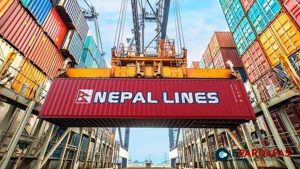
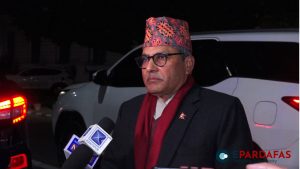
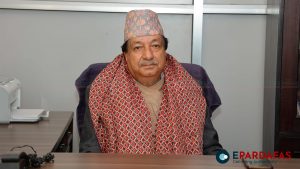
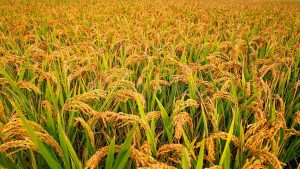
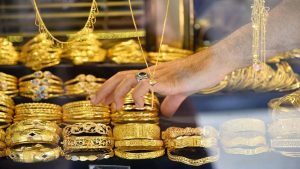
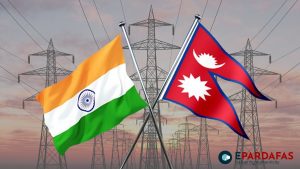





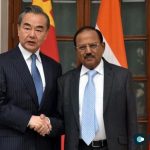
Comments